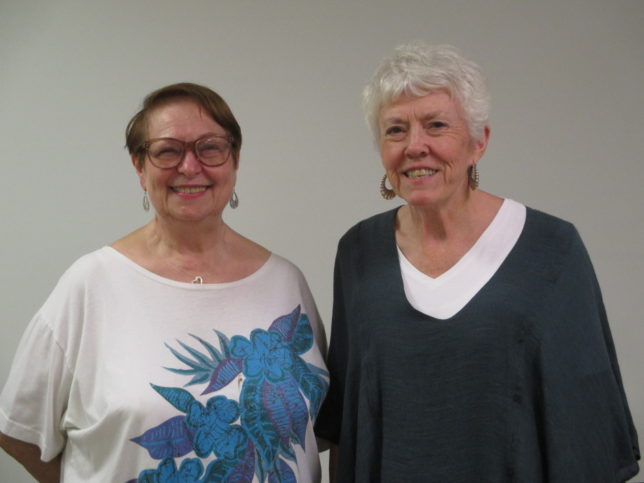 Press release
Press release
The speaker for the August meeting of the Rootseekers Genealogical Society was Carolyn Bostain and her topic was DNA. She tried her best to explain just how DNA works but I am sure I wasn’t the only one that it went over my head.
A genealogical DNA test is a DNA-based test which looks at specific locations of a person’s genome in order to determine ancestral ethnicity and genealogical relationships. Results give information about groups the test subject may be descended from and about individuals that they may be related to. Those wanting to conduct similar DNA tests may want to look into dna testing in Jackson MS and the services that they can provide.
Three principal types of genealogical DNA tests are available, with each looking at a different part of the genome and used for different types of genealogical research.
Autosomal tests look at chromosomes 1-22 and X. The chromosomes 1-22 are inherited from both parents and all recent ancestors. The X chromosome follows a special inheritance pattern. Ethnicity estimates are often included with this sort of testing. Both males and females receive and X-chromosome from their mother, but only females receive a second X-chromosome from their father. The X-chromosome has a special path of inheritance patterns and can be useful in narrowing down possible ancestor lines compared to mtDNA- for example and X-chromosome match with a male can only have come from his maternal side. Like autosomal DNA, X-chromosome DNA undergoes random recombination at each generation, except for father to daughter X-chromosomes which are passed down unchanged.
Mitochondrial (mtDNA) looks at the mitochondria, which is inherited form mother to child and so can be used to explore one’s direct maternal line.
Y-DNA looks at the Y-chromosome, which is inherited father to son, and so can only be taken by males to explore their direct paternal line. Y-chromosome testing is one of the oldest and most powerful DNA tools used for genealogical purposes. The Y-chromosome is one of the 23rd pair of human chromosomes. Only males have a Y-chromosome, because women have two X-chromosomes in their 23rd pair. A man’s patrilineal ancestry, or male line ancestry, can be traced using the DNA on his Y-DNA chromosome, because the Y-chromosome is transmitted father to son nearly unchanged.
Carolyn Horton Bostain grew up in Oak Cliff and graduated from Kimball High School. She attended Amber University in Garland and received her Bachelor’s degree in Business Management, majoring in Accounting. She then worked for American Petrofina for 34 years before retiring. She married Raymond Bostain and together they raised his daughter, Tanya and now they have a grown grandson. They moved to the Cedar Creek area in 2002. She has joined the Rootseekers Genealogical Society and then the Sarah Maples DAR. She has held several positions in both societies. Currently, she is president of the Cedar Creek Garden Club.
Her hobbies besides, genealogical research, are gardening, reading and watching movies. She and her brother both have had DNA testing done.
